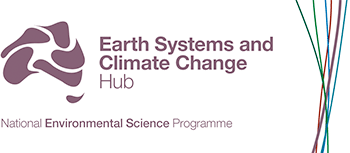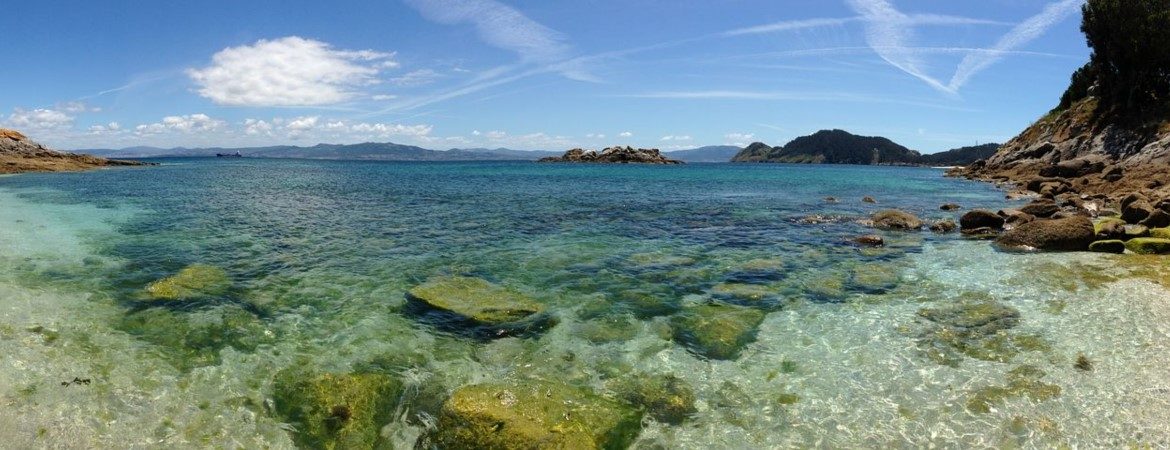Tuesday 21 May 2019, 2.30–3.30 pm (AEST)
Overview
Ocean temperature extremes can cause substantial impacts on marine ecosystems. Impacts on biodiversity, fisheries and aquaculture have included coral bleaching, loss of kelp communities on rocky reefs, detrimental effects on salmon aquaculture and international lobster fisheries and mortality in oysters and abalone off Tasmania. Rising water temperatures globally and increased pressure on marine ecosystems and fisheries mean that an improved understanding of ocean temperature extremes is imperative.
A valuable way to consider a warm ocean temperature extreme as a potential stressor of ecological change is not only in terms of its intensity, but also through its persistence. Coined as a ‘marine heatwave’, such extremely warm ocean temperatures that persist are in many ways similar to the more familiar atmospheric heatwaves that affect us over land.
Earth Systems and Climate Change Hub researchers are working collaboratively with organisations such as the Institute for Marine and Antarctic Studies and the ARC Centre of Excellence for Climate Extremes to better understand what causes marine heatwaves, how and why marine heatwaves around Australia and globally are changing and how these events impact marine ecosystems, industries and global biodiversity.
In this webinar, Professor Neil Holbrook discusses our understanding of ocean temperature extremes and marine heatwaves globally and regionally. He reviews some of the more significant marine heatwave events observed around the world in recent years, their impacts and what caused them. He also discusses how research contributed through the Earth Systems and Climate Change Hub has examined global marine heatwave trends, the role of humans, thoughts on future projections and the potential to predict extreme ocean temperatures.
What the webinar video
About the presenter
Professor Neil Holbrook is Professor of Ocean and Climate Dynamics and Head of the Centre for Oceans and Cryosphere in the Institute for Marine and Antarctic Studies at the University of Tasmania. He is Lead Investigator of the Earth Systems and Climate Change Hub Project 2.3 Decadal scale predictability of ocean temperature extremes (component 2) and a Chief Investigator in the ARC Centre of Excellence for Climate Extremes. Professor Holbrook has over 25 years of experience researching the ocean’s role in climate, ocean and climate variability and extremes. He previously led Australia’s National Climate Change Adaptation Research Network for Marine Biodiversity and Resources [2009-2013]. Prof Holbrook is currently President of the International Commission on Climate of IAMAS/IUGG and is a Fellow of the Australian Meteorological and Oceanographic Society.

